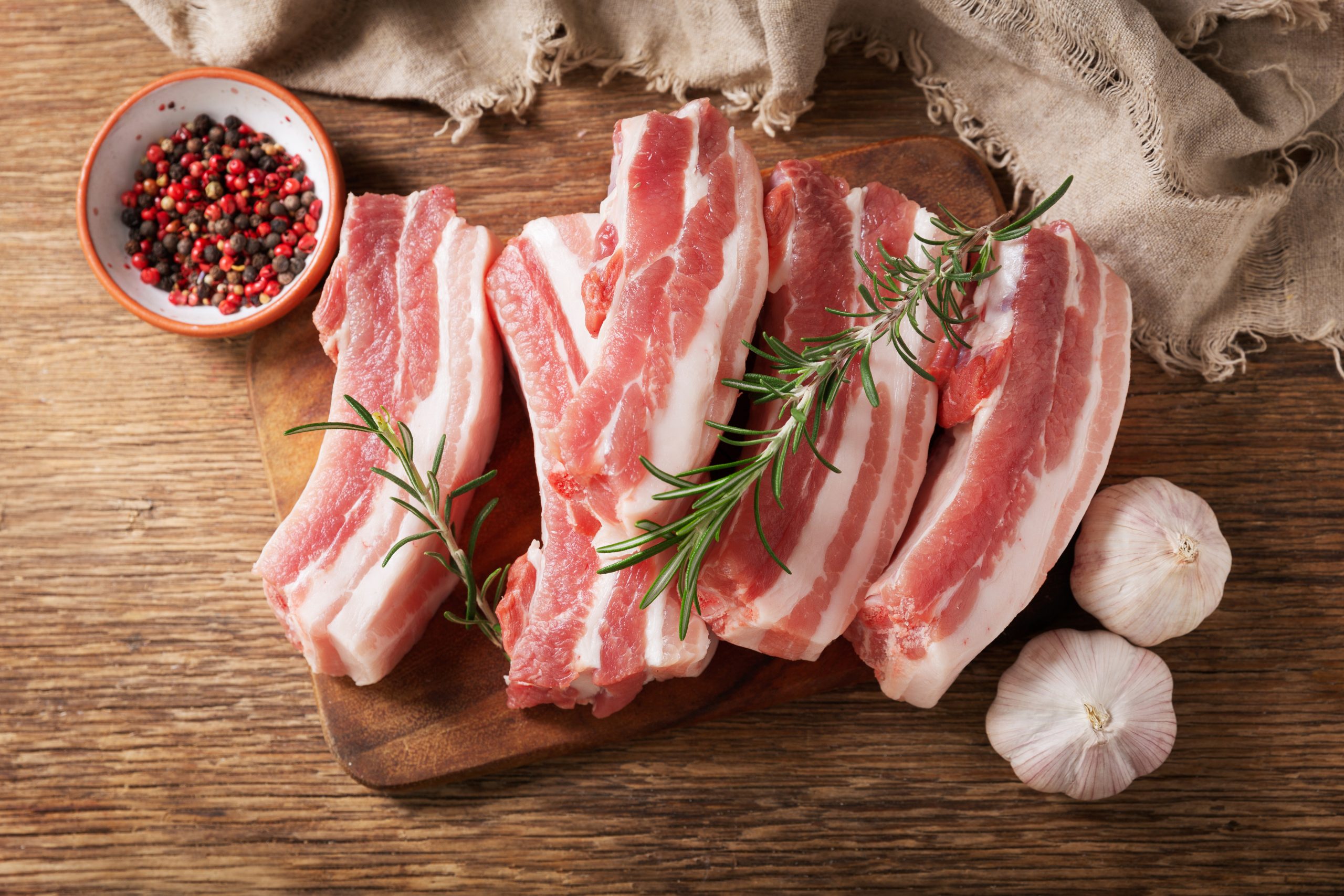In 2016, voters in Massachusetts approved a ballot questions that would ban the sale of eggs, veal and pork from animals held in “cruel conditions”. The law, known as “The Prevention of Farm Animal Cruelty Act,” has already gone into effect for eggs and veal, but the pork aspect is receiving push-back from outside states who have joined together to fight a legal battle against it.
The pork side of the law requires hogs to have enough space to lie down, stand up, turn around freely and fully extend their limbs. Massachusetts imports nearly all of the pork retailed in the state, and this law requires all pork sold within its borders to meet the new law’s requirements. Multiple pork-producing states are arguing the law is unconstitutional because the act regulates agriculture outside of its borders.
If the law is not struck down in Massachusetts, pork prices are expected to rise exponentially, the new regulations will cost the pork industry hundreds of millions of dollars and many pork producers are expected to go out of business. If the ban is upheld, it also sets a precedent for other states to enforce excessive regulations on agriculture that will further tether the industry.
So far, 13 states have teamed up to launch lawsuits against the state of Massachusetts in an effort to overturn the new law. These states include: Iowa, Louisiana, Missouri, Montana, North Dakota, South Dakota, Oklahoma, Nebraska, South Carolina, Utah, Wyoming, Mississippi and New Hampshire.
“This ban will significantly hurt pork producers in Oklahoma and across the nation,” said Gentner Drummond, Oklahoma Attorney General. “Oklahoma’s robust and responsible pork producers deserve a level playing field. It is imperative that Massachusetts consider the long-term, negative effects this unconstitutional measure will cause producers and consumers.”
In addition to the 13 states, the National Pork Producers Council, Massachusetts Restaurant Association and others have filed a lawsuit against the new act. In some ways, the law is similar to Proposition 12 in California, which was upheld after multiple lawsuits were set in motion to strike it down. Since Proposition 12 was not deemed unconstitutional, there is fear in the pork industry that Massachusetts’s law could be upheld by the courts.
“Massachusetts’s radical pork ban hogties Iowa pork producers,” said Iowa Attorney General Brenna Bird. “With these strict new mandates in effect, Iowa farmers will face extreme costs and regulations to compete in the industry, forcing many family hog farms to close shop. Massachusetts doesn’t get to dictate how Iowans farm. We are fighting to support our pork producers and protect Iowa family farms.”
Lacey Vilhauer can be reached at 620-227-1871 or [email protected].

